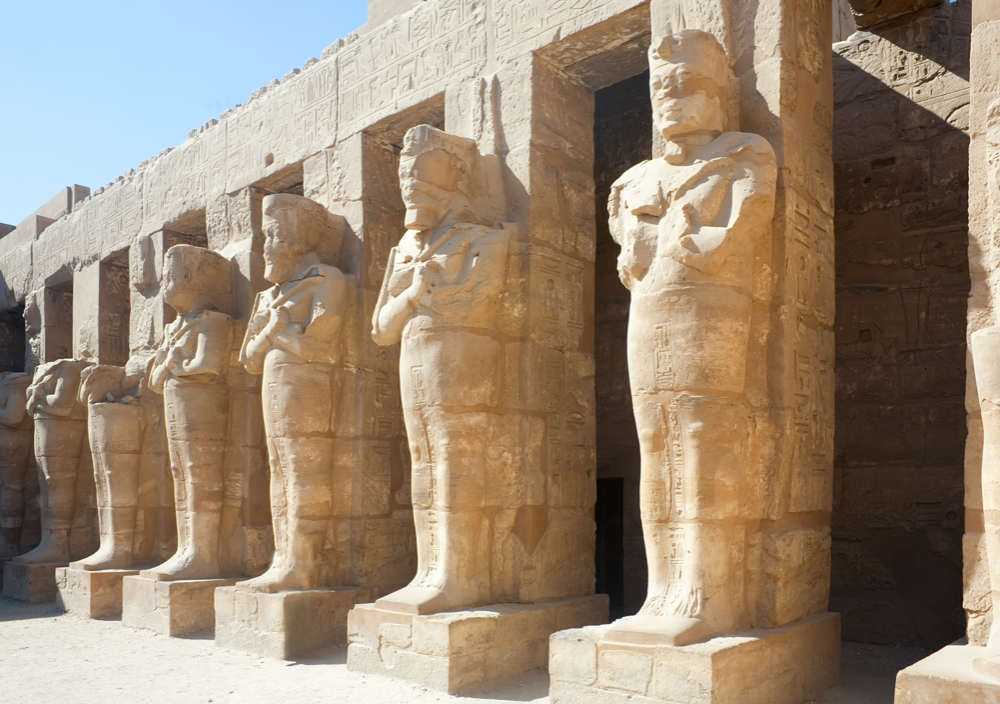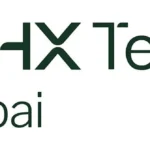GLOBAL — A new contender has emerged in the online travel booking landscape. DirectBooker, a next-generation AI-powered hotel platform, is making headlines as it enters the market with the bold ambition to challenge major players such as Booking.com, Expedia Group, Airbnb, and Trip.com.
Co-founded by some of the travel industry’s most prominent names, including Steve Kaufer (former CEO of TripAdvisor) and Richard Holden (former Google Travel executive), DirectBooker seeks to revolutionize the way travelers book accommodations—eliminating high OTA commissions and enabling direct hotel-to-guest engagement through artificial intelligence.
Redefining Hotel Bookings: AI Meets Direct Booking
At the heart of DirectBooker’s strategy is its Model Context Protocol (MCP), a framework designed to feed real-time structured hotel data into large language models (LLMs). These models—such as those powering ChatGPT and Perplexity—can then provide personalized, live hotel recommendations that users can book directly, without being rerouted to online travel agencies (OTAs).
This model not only improves user experience by reducing friction but also allows hoteliers to retain more revenue, traditionally lost to third-party platforms that charge 15% to 25% in commissions per booking.
“AI is transforming the way we search and plan travel, but very few tools connect directly to booking channels. That’s where DirectBooker can lead,” said Sanjay Vakil, another key leader in the venture and a former product leader at both Google and TripAdvisor.
A Growing Threat to Booking.com, Expedia, and Airbnb
The launch of DirectBooker signals a tectonic shift in the online travel ecosystem. Long-dominated by Booking Holdings and Expedia Group, the OTA sector is now facing new challenges from AI-native platforms that can leverage real-time data and user intent more efficiently than legacy search engines.
Traditionally, these OTAs have relied on SEO dominance, aggressive advertising, and repeat traffic to funnel users through their booking ecosystems. But as travelers increasingly turn to AI chatbots and discovery engines like ChatGPT and Perplexity to research destinations and accommodations, the path to purchase is being rewritten.
Mike Coletta, senior research analyst at Phocuswright, noted,
“Control of AI discovery will define the next era of travel. TripAdvisor’s content-backed entry into AI travel search—especially through Perplexity—is positioning them for long-term influence.”
Strategic Partnerships: TripAdvisor + Perplexity = AI Travel Search Powerhouse
DirectBooker’s launch is bolstered by TripAdvisor’s broader investment in AI-enhanced travel planning. The company recently announced a strategic partnership with Perplexity, the fast-growing AI search platform, to embed TripAdvisor’s reviews, ratings, and experience listings into its conversational engine.
With over 300,000 tours and activities from its Viator subsidiary, and millions of user reviews, TripAdvisor’s integration enables context-aware travel recommendations. By feeding its structured data into platforms like Perplexity, TripAdvisor ensures its presence in AI-generated travel responses—a critical battleground as more travelers move away from traditional search.
“Travelers now want intelligent, personalized suggestions based on their preferences and context,” said Rahul Todkar, TripAdvisor’s Head of Data and AI. “Our role is to keep TripAdvisor visible in the decision-making process across AI platforms.”
Why DirectBooker Could Be a Game-Changer
DirectBooker is entering the market with a clear mission:
- Reduce hotel reliance on OTAs by offering a viable direct booking alternative.
- Empower AI models with up-to-date hotel data that matches user intent in real time.
- Create seamless hotel discovery and booking experiences within AI platforms.
Unlike most AI travel tools, which offer recommendations without booking capabilities, DirectBooker aims to close the loop. Whether a traveler asks for boutique hotels in Paris or family resorts in Bali, AI platforms like ChatGPT could soon present real-time availability and direct-booking options, powered by DirectBooker’s system.
What This Means for Hotels and Travelers
For Hotels:
- Lower distribution costs
- Stronger guest relationships
- Direct control over pricing, inventory, and branding
- Access to the next generation of travel discovery platforms
For Travelers:
- Better prices through commission-free direct bookings
- Faster, AI-personalized hotel search results
- Fewer redirects and a more intuitive experience
DirectBooker’s value proposition is especially appealing in a post-pandemic era, where hotels are eager to regain control of distribution and optimize profit margins.
The Road Ahead: Can AI Break the OTA Monopoly?
DirectBooker’s arrival comes at a critical juncture in the travel industry’s evolution. As AI-driven search and planning becomes the new norm, traditional OTAs risk losing visibility and influence in non-search-based discovery ecosystems.
While Booking.com and Expedia continue to dominate transactional volume, the rise of intent-based conversational travel planning—powered by AI—means control over AI real estate could soon be more valuable than search engine rankings.
For now, DirectBooker is still scaling up, but with TripAdvisor’s content, industry veterans at the helm, and strategic AI positioning, it could reshape the future of how we discover—and book—where we stay.
For more travel news like this, keep reading Global Travel Wire
Disclaimer: This image is AI generated and may bear no resemblance with actual fact or images



















